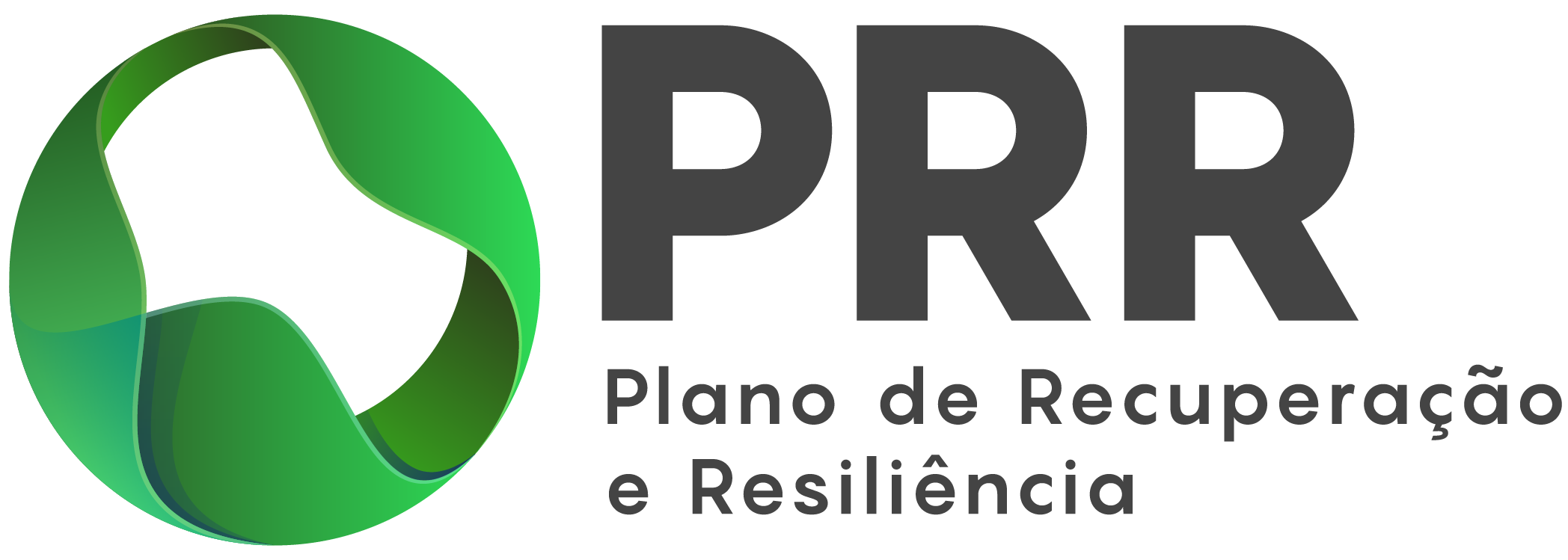A European consortium coordinated by Porto-based Fraunhofer Portugal AICOS has launched Achilles, a project dedicated to transforming the future of artificial intelligence.
The Fraunhofer Portugal AICOS Research Centre (FhP-AICOS) was founded in Porto in 2009, following a partnership between the German Fraunhofer Society, the Foundation for Science and Technology (FCT), and the University of Porto. The Centre currently employs around 100 people - 80 of whom are highly qualified researchers -, possessing a portfolio of clients in areas such as health, agriculture, retail, and energy.
Earlier this month, FhP-AICOS officially launched Achilles, deemed by the centre as an "innovative project dedicated to transforming the future of artificial intelligence, making it lighter, more transparent and safer.” Borrowing its name from the Greek warrior Achilles, the project wants to overcome AI's weaknesses, namely efficiency and reliability, with a modern approach.
Achilles was launched by a European consortium of 16 organizations from 10 countries, funded with more than eight million euros under the Horizon Europe framework programme and led by FhP-AICOS as the coordinating partner.
The Fraunhofer Portugal AICOS Research Centre (FhP-AICOS) was founded in Porto in 2009, following a partnership between the German Fraunhofer Society, the Foundation for Science and Technology (FCT), and the University of Porto. The Centre currently employs around 100 people - 80 of whom are highly qualified researchers -, possessing a portfolio of clients in areas such as health, agriculture, retail, and energy.
Earlier this month, FhP-AICOS officially launched Achilles, deemed by the centre as an "innovative project dedicated to transforming the future of artificial intelligence, making it lighter, more transparent and safer.” Borrowing its name from the Greek warrior Achilles, the project wants to overcome AI's weaknesses, namely efficiency and reliability, with a modern approach.
Achilles was launched by a European consortium of 16 organizations from 10 countries, funded with more than eight million euros under the Horizon Europe framework programme and led by FhP-AICOS as the coordinating partner.




